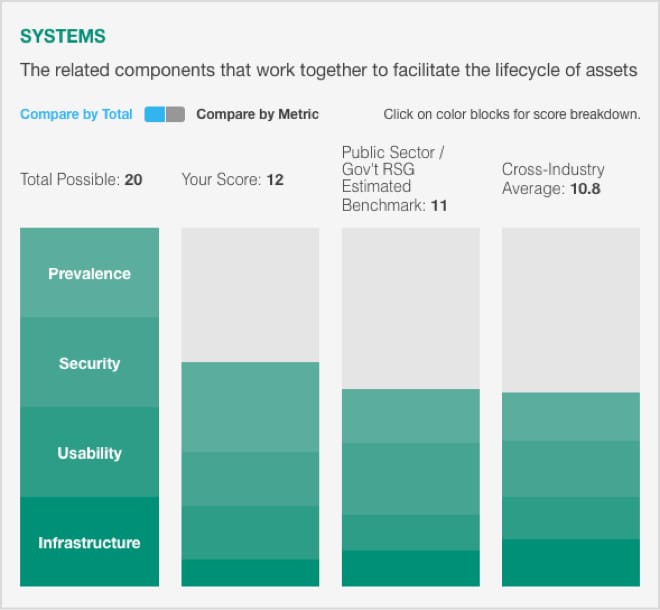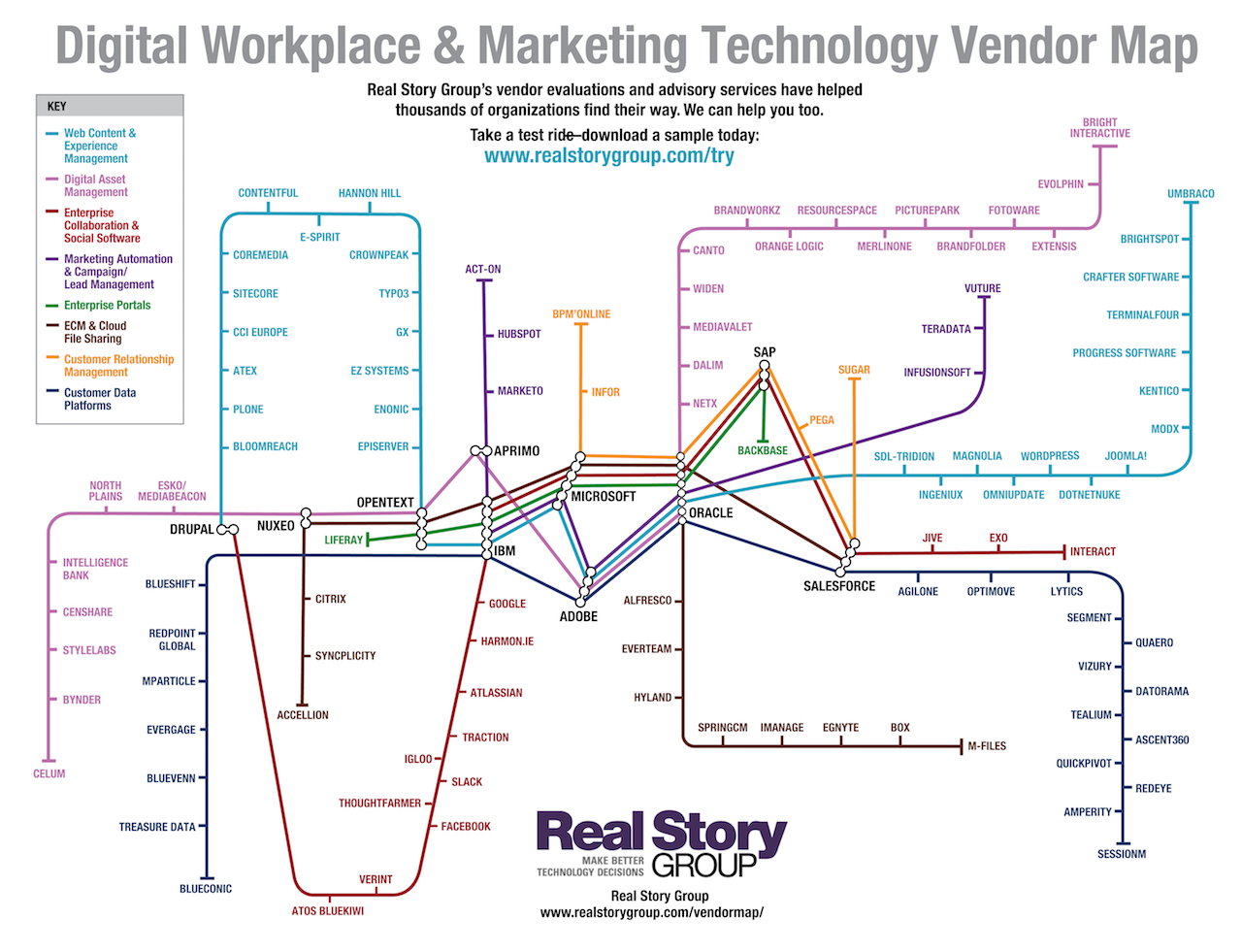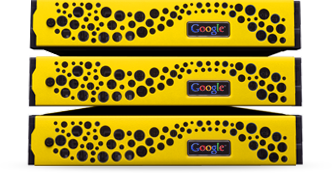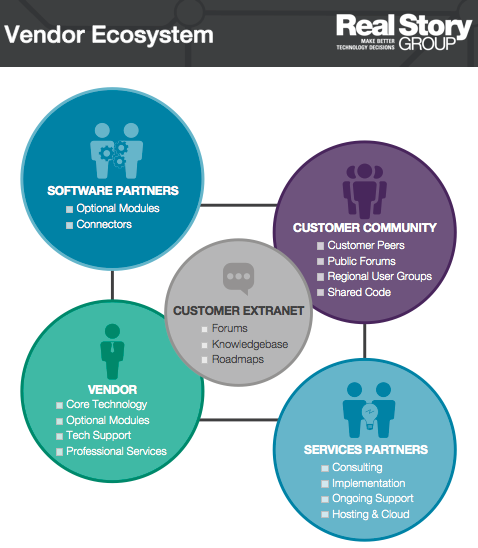Atlassian Buys Trello: Simplicity In, Complexity Out
Atlassian, the vendor from Down Under, will be a familiar name to most enterprise IT teams. Best known for the popular bug management software JIRA, Atlassian also sells other enterprise collaboration products such as Confluence and HipChat. (Read RSG's evaluation of Confluence in the Enterprise Collaboration and Social Software Report.)
This week Atlassian acquired Trello, maker of the eponymous project management / task management tool. The reasons for this acquisition are not hard to understand. For a while now, Atlassian has been looking to grow beyond its traditional customer base of development teams. Trello may present such an opportunity.
Hello, Trello!
Trello is a general purpose project management tool — their ethos is to take "sticky notes on a wall" and develop a (project) collaboration service around that. To be sure, you can find several alternatives out there but Trello achieved wide adoption in a relatively short amount of time. According to the company, Trello boasts a user base of 19 million with a large portion of non-technical users such as HR, Legal, and Marketing, to whom Atlassian must now be hoping to cross-sell its different products.
Let's leave aside the price/valuation questions that swirl around any M&A deal. What's more interesting to digital workplace leaders is the trends we can glean here.
A small base of expert users needs powerful tools
Though implemented with much fanfare, many collaboration tools fail to find employee traction. But Trello identified a gap in the market. When you think of project management, on the one end, you have Microsoft Excel and on the other end you have the 800 pound Gorilla of this space: Microsoft Project. Clearly, Excel has many limitations has a project management tool but for the simplest of projects while Project's enormous power comes with attendant complexity: it's really for PMs and not the rest of the team. (Personally, I don't have a problem with Project — I've grappled with my fair share of Gantt charts and used MS-project plans to cover my office walls — just pointing out that it's a complex tool.)
Clearly, there is a need for simpler tools that don't scare away your coworkers — a tool that anyone can pick up and make their own without extensive training or onboarding. What holds for Trello holds for other applications you bring into your digital workplace or Intranet. They'd better solve a need and do so with a high degree of people-friendliness.
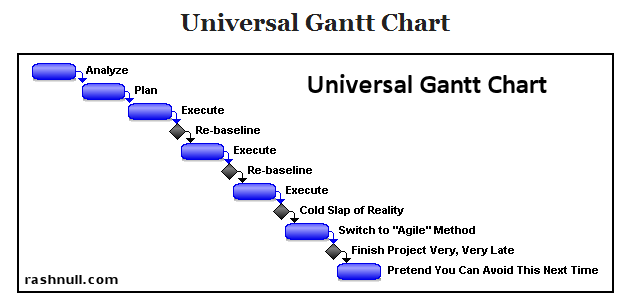
Figure: Project Management Truths. Source: Rashnull.com
Agile spreads wings beyond IT
The other big message here is how work gets done circa 2017. In short, how colleagues collaborate digitally is undergoing rapid change. Monolithic, one-size-fits-all tools such as MS Project (and by extension, SharePoint) are more suited for traditional waterfall-oriented projects where you develop a concrete plan upfront and then rigidly follow it.
But most work projects — not just in IT, but across functions be it marketing, HR, Operations, Product, or Finance — need to incorporate agile principles: chunks of work done iteratively with feedback flowing into the next cycle immediately. Tools need to support this kind of collaboration model rather than constraining them.
In short, simplicity is in, complexity out.
I'm not suggesting you rush out to license Trello without undergoing a thorough, hands-on evaluation process. I am suggesting that you carefully understand the practical needs of business project teams before making enterprise-wide decisions on digital workplace technologies.




